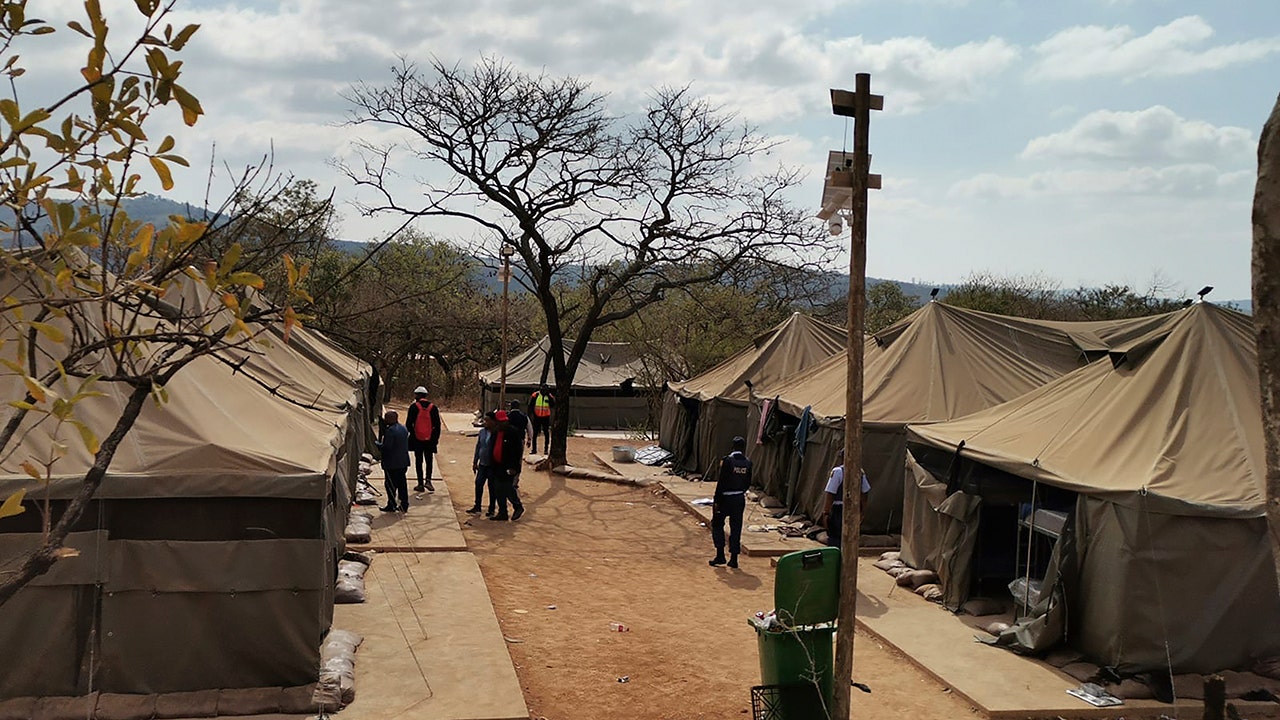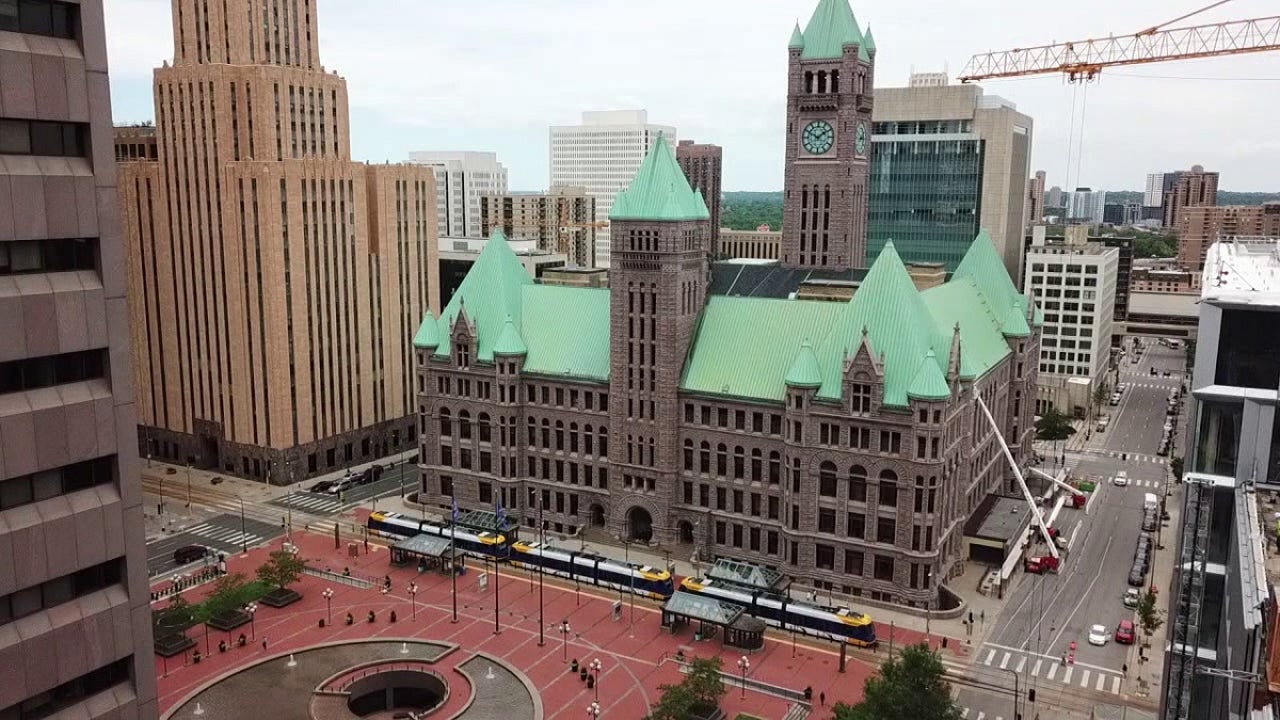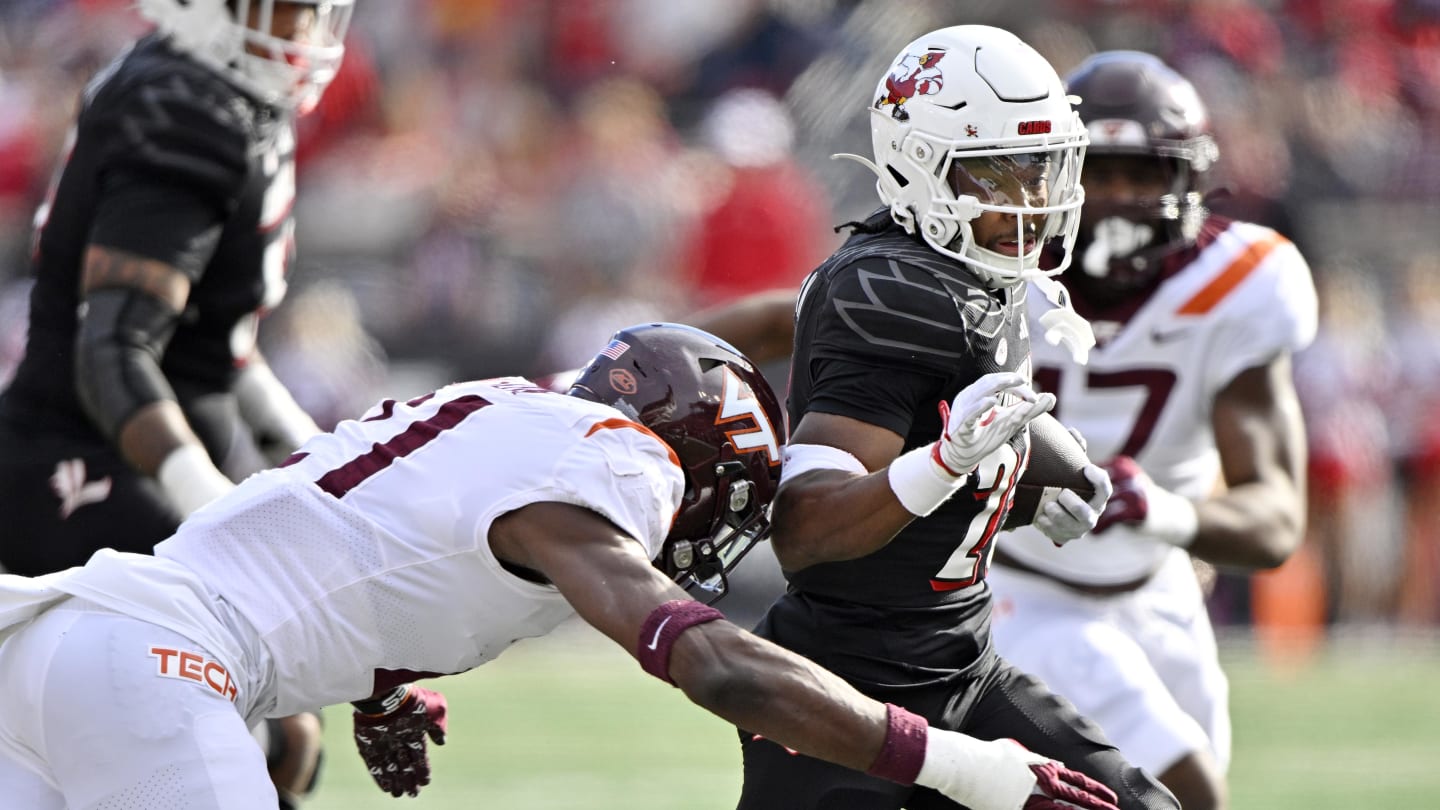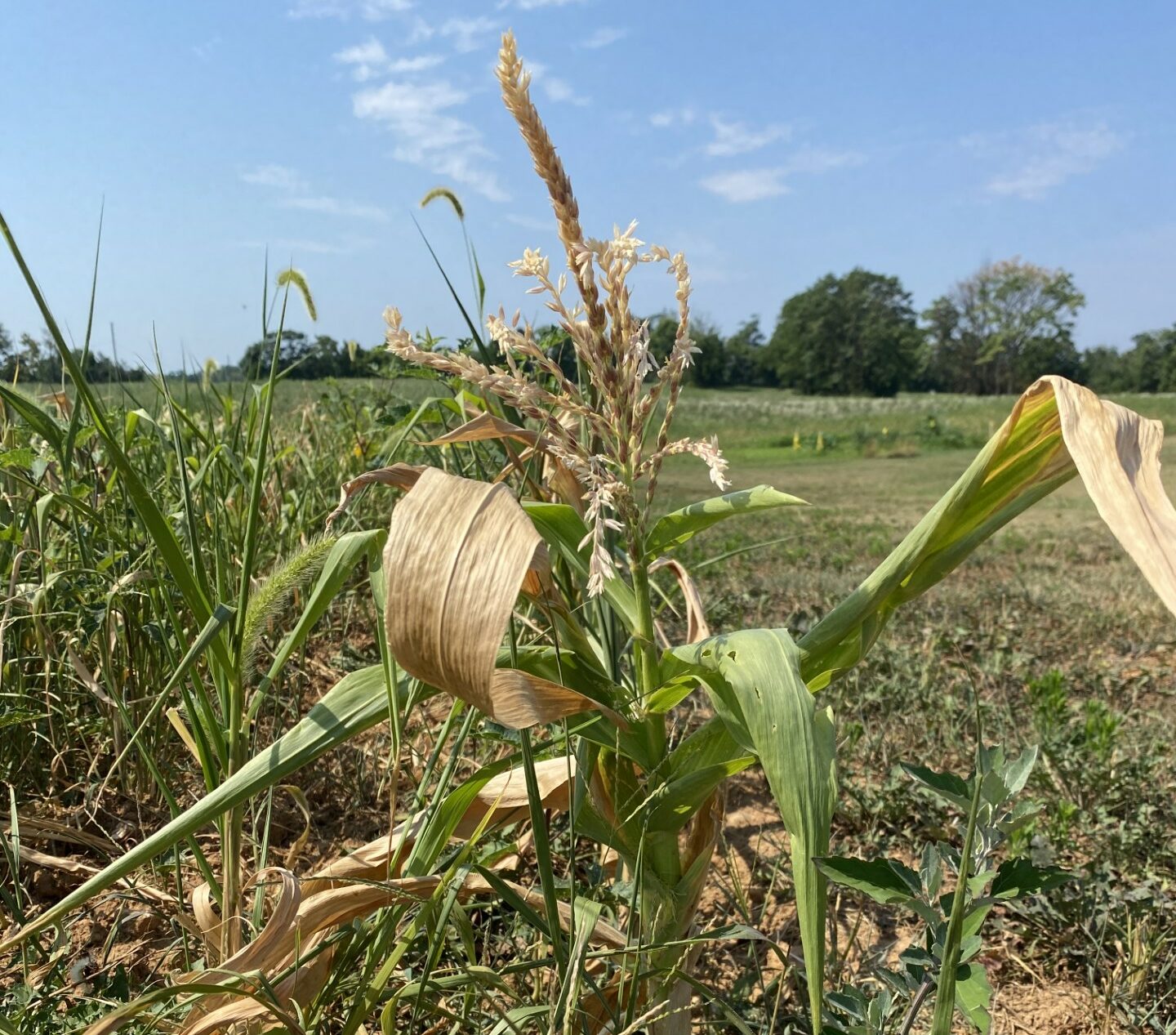World
Hoping to pave pathway to peace, Norway to recognise Palestinian statehood

Norway, alongside Ireland and Spain, recently announced its decision to formally recognise Palestinian statehood based on the pre-1967 borders, starting from Tuesday.
Predictably, as the Palestinian Authority and Hamas welcomed this development, the Israeli government lashed out by quickly withdrawing its ambassadors from Oslo, Dublin and Madrid and summoning the Norwegian, Irish and Spanish representatives in Tel Aviv.
Prime Minister Jonas Gahr Store explained that Norway’s decision was “in support of moderate forces that are on a retreating front in a protracted and cruel conflict”.
He said the move is an investment in the “only solution” that can bring lasting peace in the Middle East – “two states living side by side in peace and security”.
Analysts were not surprised by Norway’s move, which comes 30 years after it hosted the Oslo Accords, the early 1990s peace agreements that ultimately failed.
“The Norwegian population has over a long time been moving towards a more pro-Palestinian view. The political establishment has been more hesitant, not least because of its close ties to the US,” Bjorn Olav Utvik, a professor of Middle East studies at the University of Oslo, told Al Jazeera. “Since the outbreak of the current conflict, popular opinion has swung even further towards the Palestinian cause.”
He cast the recognition as “an important symbolic move” and one that is easier to make than, for instance, “cutting off all investments linked to Israel by the Norwegian sovereign wealth fund”.
With European countries deeply divided by the Israeli war on Gaza, Norway has moved closer to those who vocally support Palestinian rights to self-determination and basic dignity.
“We can’t wait any longer,” Espen Barth Eide, Norway’s foreign minister, recently told Al Jazeera. “The only viable long-term settlement which can bring peace to the Palestinian people and the Israeli people is a two-state solution. These two states, of course, must have logical territories. A lot will have to change.”
Looking back, Oslo’s position on the Israel-Palestine conflict has been steady.
Norwegian officials have maintained high levels of support for the United Nations Relief and Works Agency for Palestine Refugees (UNRWA) and have been quick to demand a ceasefire after the latest conflict erupted.
Previously, Norway has condemned the Israeli occupation before the International Court of Justice. It does not export weapons to Israel and has sanctioned some “extremist” settlers.
“Norway believes that Israeli settlement activity on occupied land is illegal under international law and hinders the peace process and is in firm belief of a two-state solution as the only durable solution,” said Hasini Ransala Liyanage, a doctoral research fellow at the University of Oslo’s political science department.
She described Norway as a “prominent mediator of multiple conflicts in the world” that has “always focused on peaceful solutions”.
Norwegian mediation is characterised by a willingness to provide long-term assistance, impartial facilitation of peace talks and close corporation with parties in conflict, she added.
Oslo’s recognition of a Palestinian state also underlines its support for the Arab Peace Initiative, which calls for recognition of Israel’s right to exist and normalisation of ties in exchange for its withdrawal from lands captured since 1967 and a Palestinian state with East Jerusalem as its capital.
“To me, it seems the announcement is designed to create attention for this initiative and contribute to diplomatic momentum to increase European support for the Arab peace plan,” Sverke Runde Saxegaard, a doctoral researcher at the University of Oslo, told Al Jazeera.
“The government has been emphasising throughout the day that this is not in any way a sign of support for Hamas but a sign of support for forces and actors that seek a nonviolent solution to the conflict within both Israel and Palestine. To provide a glimmer of hope in a dark time, so to speak,” he added.
Israel’s latest and deadliest war on Gaza has killed almost 36,000 people, most of them women and children. Its campaign began after Hamas, the group that governs the Gaza Strip, launched an unprecedented incursion into southern Israel during which 1,139 people were killed and dozens captured.
‘Strong diplomatic move’
Oslo’s recognition of a Palestinian state may also bode well for Norway’s image and reputation in the Global South.
Liyanage said Oslo’s “strong diplomatic move” signals support for people in the Middle East and Muslim world as well as citizens of Global South nations who suffer from violence and protracted conflicts.
Norway will “stand as a state that acts against war crimes [and] violations of international humanitarian law and a state that recognises another state’s legitimate right to defend its citizens and borders”.
Norwegian politicians have also acknowledged the risks of applying international law inconsistently and the message that sends to non-Western audiences.
“Doing and saying popular things rarely hurt a country’s standing. And although I do not see this as the primary motivation here, the minister of foreign affairs has long been vocal about how Norway and the West cannot afford to be seen as hypocritical,” Saxegaard said. “If the West wants the world to be outraged about Russia in Ukraine, it needs to be outraged about Israel in Gaza.”
Noting how Arab governments welcomed Norway’s recent move, Hugh Lovatt, a senior policy fellow at the European Council on Foreign Relations, said the move “goes some small way to counter Global South perceptions of European double standards and blind support for Israel”.
‘Final demise of the Oslo peace process’
It seems as though Oslo has realised that the time has come to approach the Israel-Palestine issue in new ways and abandon failed approaches from previous decades.
Jorgen Jensehaugen, a senior researcher at the Peace Research Institute Oslo, said the prime minister has implied that he believes that since there is no peace process, waiting for one to start as the war rages on “is no longer a viable alternative”.
Lovatt added: “This move by Norway in my opinion also symbolises the final demise of the Oslo peace process and the urgent need to elaborate a new post-Oslo peacemaking strategy which should involve concrete steps to challenge Israeli occupation and support Palestinian rights.
“The hope is that a strong endorsement of Palestinian self-determination can demonstrate to the Palestinian public that diplomacy can deliver results and provide a credible alternative to armed violence.”

World
Celine Dion Makes Triumphant Comeback at Paris Olympics Opening Ceremony — Watch Full Performance

ad
World
95 Libyan nationals arrested in South Africa at suspected secret military training camp

South African police arrested 95 Libyan nationals in a raid on a suspected secret military training camp on Friday and authorities said they were investigating whether there were more illegal bases in other parts of the country.
The camp was discovered at a farm in White River in the Mpumalanga province, about 360 kilometers (220 miles) northeast of Johannesburg, police said.
ELEPHANTS KILL TOURIST IN SOUTH AFRICA AFTER HE TRIED TO GET CLOSE TO TAKE PICTURES
National police spokesperson Athlenda Mathe said in a post on the social media site X that the Libyans stated they had entered the country on study visas to train as security guards, but police investigations suggest they have received military training.
The Newzroom Afrika TV news channel broadcast pictures of the site of the arrests, showing a military-style camp with large green and khaki tents set up in a row. Dozens of men were seen lining up as they were arrested. They were wearing civilian clothing.
Local government official Jackie Macie said investigations were ongoing and the owner of the farm would be questioned. He said authorities received information that there were similar secret camps near two other towns in Mpumalanga province.
A camp where 95 Libyan nationals were arrested on suspicion of running an illegal military camp are seen lining up after their arrest on Friday, July 26, 2024 in White River, South Africa. Police say that 95 Libyan nationals were arrested on suspicion of receiving training at a secret military camp in the north of the country. (AP Photo/Bulelwa Maphanga)
The province borders neighboring countries Mozambique and Swaziland and is an area of concern for South African authorities with regards to illegal immigration.
Police and authorities have not said whether the camps are suspected of being connected to a particular group or conflict.
Macie said investigations would establish if there was a network of camps in South Africa and show “why they are here doing military training in our country.”
Police said the men may be linked to crimes reported in communities close to the farm in recent months.
“We have serious cases which have been opened with the police, including cases of rape and armed robberies, which complainants claim were committed by unknown foreigners who seem to be of Asian descent,” said police spokesman Donald Mdhluli.
“We take what we have found here today very seriously because we don’t know who was training them, what were they being trained for and why that training is happening here in South Africa. It may be a threat not only to South Africa but also to the entire southern Africa region.”
Police said the operation to arrest the Libyans and close down the camp began two days ago. Macie said the Libyan nationals had been in the country since at least April.
“The 95 individuals taken into custody are all Libyan nationals and are currently being questioned by the relevant authorities,” Mpumalanga acting provincial police commissioner Maj. Gen. Zeph Mkhwanazi said in a statement.
Mdhluli, the police spokesman, said the country’s security regulator had confirmed that the kind of training that appears to have been taking place at the camp was well beyond the scope of training for security guards.
“The kind of equipment we found here shows that there was intense military training taking place here. This was basically a military base.”
World
Passengers face long, uncertain wait at stations amid rail disruption

A deliberate fire in a signal box about 60 km south of Lille caused the disruption on the northern high-speed line, with traffic halted around 5 a.m. local time on Friday.
Travel was severely disrupted in Lille on Friday, one of the stations affected by the sabotage that hit major French rail lines ahead of the Paris Olympics opening ceremony.
Many passengers waited with hope that soon turned to resignation.
“We’ve been waiting since 10:38 a.m. for the 11:38 a.m. train, and now we’re just waiting for it to arrive at 2:08 p.m.,” said Delphine, one of the stranded passengers.
“It’s still quite a delay, and we’ll be even later since we’re on a secondary route. I work in Avignon at 9 p.m., so it’s going to be very, very tight. We have a concert tonight — will it even happen? This is all very confusing, and we don’t understand what’s going on.”
For one traveller, this was a rough start to the holidays. “The worst case would be if the train is cancelled entirely and we have to buy new tickets for next week. It would shorten our already brief vacation. That would be a huge problem,” said Hippolyte.
When asked if he had been informed of the delays, Hippolyte said he received the notification just before departure.
“At around 10 a.m. this morning, we were told we were an hour late and would be leaving at 1 p.m.”
“It just keeps getting later as the day goes on. Every time we approach the new departure time, it gets pushed back another hour and a half, or half an hour each time.”
A deliberate fire in a signal box about 60 km south of Lille caused the disruption on the northern high-speed line. Traffic was halted around 5 a.m. on Friday.
The recent acts of sabotage on the rail network highlight that the Olympic Games are turning France into a prime target.
The attack disrupted the transport system on the opening day of the Games, causing delays of up to two hours or even cancellations that affected hundreds of thousands of passengers nationwide.
Authorities in Paris have said they are deploying substantial human resources to counter any threats and to ensure the safety of the events.
-

 World1 week ago
World1 week agoOne dead after car crashes into restaurant in Paris
-

 Midwest1 week ago
Midwest1 week agoMichigan rep posts video response to Stephen Colbert's joke about his RNC speech: 'Touché'
-

 News1 week ago
News1 week agoVideo: Young Republicans on Why Their Party Isn’t Reaching Gen Z (And What They Can Do About It)
-

 News1 week ago
News1 week agoIn Milwaukee, Black Voters Struggle to Find a Home With Either Party
-

 Politics1 week ago
Politics1 week agoFox News Politics: The Call is Coming from Inside the House
-

 News1 week ago
News1 week agoVideo: J.D. Vance Accepts Vice-Presidential Nomination
-

 Movie Reviews1 week ago
Movie Reviews1 week agoMovie Review: A new generation drives into the storm in rousing ‘Twisters’
-

 World1 week ago
World1 week agoTrump to take RNC stage for first speech since assassination attempt


















